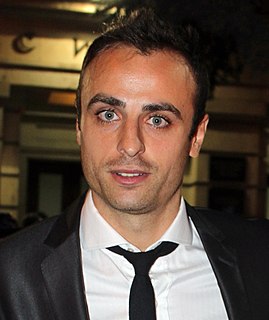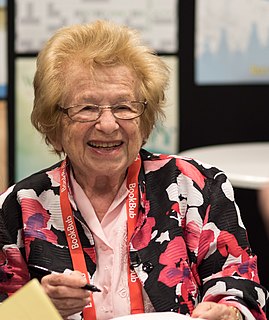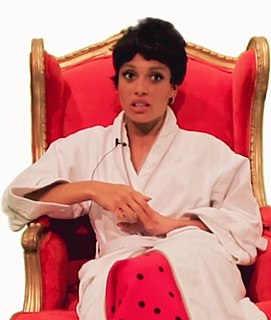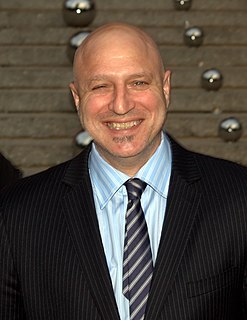A Quote by Dimitar Berbatov
Related Quotes
One of my aunties inspires me beause of how easily she shows her emotions, and she isn't ever afraid to cry. My mum, for her work ethic - she might not show her emotions in public very much, but she's a total power woman. My grandma, who watched four of her children die before her, she's a powerhouse.
In public, I hardly ever show feelings. That's what happens when everything you do is put under a magnifying glass. But if you've spent some time hiding behind your public mask, and you're back in your own environment, then all that suppressed emotions still has to be set loose. As a result you are going to behave like a nutcase. I think thats why so many people who are famous go nuts.
What does calling this medical care legislation "historic" mean? It means that previous administrations gave up the idea when it became clear that the voting public did not want government control of medical care. What is "historic" is that this will be the first administration to show that it doesn't care one bit what the public wants or doesn't want.
The big difference between a warrior and a victim is that the victim represses and the warrior refrains. Victims repress because they are afraid to show the emotions, afraid to say what they want to say. To refrain is not the same thing as repression. To refrain is to hold the emotions and to express them in the right moment, not before, not later. That is why warriors are impeccable.






































